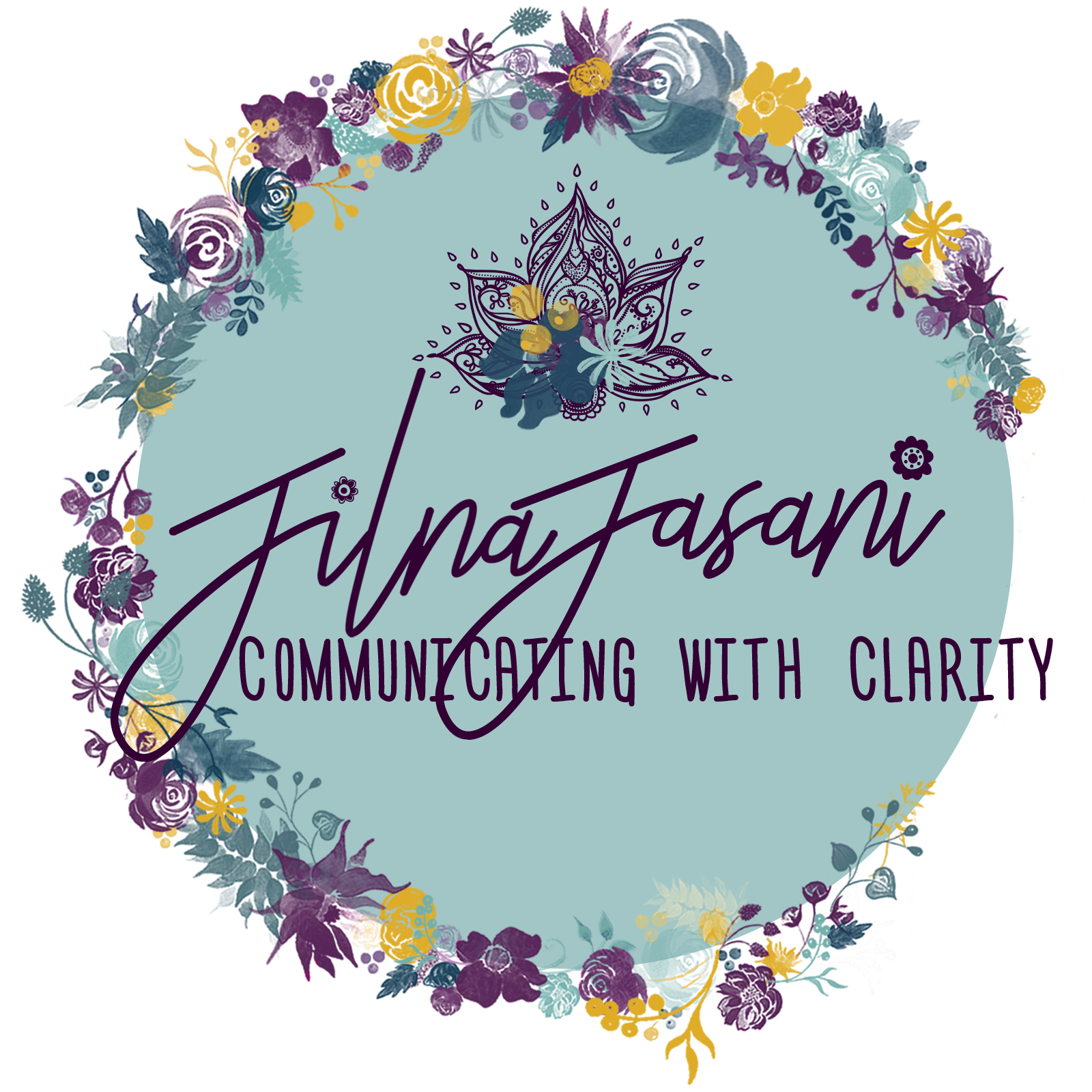
Do you consider your child bossy

Last time, we talked about the conscious and subconscious mind, and the ways that the ego mind can make us react to our children. They’re important distinctions, because when we can decipher between which part of our mind we’re operating from, we can make choices that are in our and our children’s best interest, leaving us feeling guilt and shame-free.
So what is the ego mind?
Like the subconscious mind, the ego develops in infancy, and is the voice of the subconscious mind. Its nature is to protect us from getting hurt or misunderstood when our behaviors are deemed unacceptable by those we love (primarily parents, siblings, relatives, etc.).
Therefore, it’s instinct is to engage excessively in behaviors.

We do this with a belief that we are protecting our children from what we perceive may threaten their well-being.
But if that were true, then why do our children perceive these reactions as threats?
What is actually happening is that we are perceiving their behavior as a threat against our own beliefs about our childhood experiences.
These experiences manifest as unprocessed feelings which are held in our body.
Let’s consider for a moment…

We can see that without processing our feelings, we will continue attaching to our conditioned beliefs while thinking we are teaching:
…our four-year-old how to be kind—by punishing him with a timeout.
…our seven-year-old to focus—by forcefully implying that he is forgetful.
…our six-year-old to share—by shaming her into thinking she is selfish.
…our eight-year-old to be a team player—by making him feel he deserves to be left out.
…our three-year-old to communicate peacefully—by shutting her down for having strong emotions.
…our five-year-old to tell the truth—by misunderstanding his desire for his interest.
Unless we process these feelings, they will continue to grow in our bodies and strengthen the memory connected to them, waiting for the next trigger to arise.
Jot down one of the ways in which you react with a judgement on your child, for example, “he is so forgetful”. Frame it as a question, for example, “is he forgetful?” and then work through the answers in the infographic above.
Hit reply, and let me know what comes up for you. I’ll help answer any further questions you may have.
Then, if you find that these sorts of prompts are helping you work through your thoughts and feelings, you might be interested in getting a monthly membership to The Path to Conscious Parenting. There, you will have access to an entire resource library designed to help you connect with your emotions.

See what comes up for you, and let me know by reaching out to me here. I’ll help answer any further questions you may have. Then, if you find that these sorts of prompts are helping you work through your thoughts and feelings, you might be interested in getting a monthly membership to The Path to Conscious Parenting. There, you will have access to an entire resource library designed to help you connect with your emotions.

